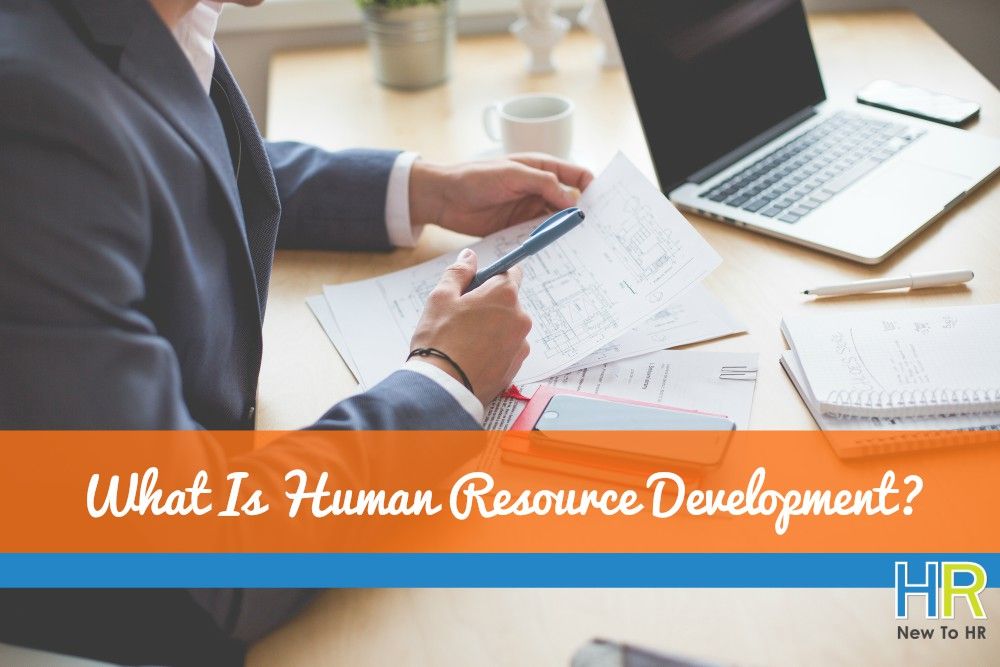
What Is Human Resource Development?
Organizations set and want to meet goals, objectives and strategies.
They encourage a continuous learning process and HRD plays a significant role in that process, as it can be seen as a huge part of the overall organizational setting and performance. It has the aim to lead/generate high performance in the workforce. It not only gives advantages to the business, but creates a workforce that is developed and (multi-) skilled.
Human Resources Development (HRD) from its origin has been involved with training activities, however during the past few years it has incorporated a variety of development approaches to create an efficient and effective organization.
In almost any HR textbook, organizational vision or mission statement you will read- “people are our most important asset”, but without any employee development employees do not have a high impact on the overall productivity and that is currently the case in this economy!
Human Resources Development from its origin has been involved with training activities and during the past few years it incorporated a variety of development approaches to create the efficient and effective organization.
People need to be able to be productive within their job, and will achieve that due to training or any other form of education and continuous learning.
Improving the competencies to get the utmost of those skills.
I believe the real difference between success and failure in a corporation can be very often traced to the question of how well the organization brings out the great energies and talents of its people. - Thomas J. Watson, Jr.
Human Resource Development gives way to a planned approach, giving employees the opportunity to receive or gain essential skills, supporting management in achieving their goals, objectives and strategies, through the use of planning and making the right decisions.
HRD helps to assess the future learning and development needs and improvements can be made.
Human Resource Development Goals:
- A diverse, highly skilled, productive, healthy, and efficient workforce.
- Fair and lawful treatment of all employees.
- Highly effective supervisors, leaders and managers.
- Operational excellence in the delivery of all Human Resource service and function.
- Alignment of HR, OD, Business policies and processes with the organization’s needs and goals.
It can be said that Human Resource Development is a sort of a facilitator of learning, but it must not be forgotten that even though the company may train employees, one must have the will to learn, it is NOT only up to the organization.
In effect, the organization will efficiently and effectively achieve its corporate strategies, goals and objectives and this will in the long term give way to a productive and healthy HR environment.
© New To HR



@thespidergap
06/10/2013 at 09:11Great article – thanks for sharing this really useful overview of what HR does (and on how this has changed in the area of employee development).
As identified, HR’s role is quite wide, and increasingly supporting other departments is becoming more important. For example, supporting Marketing with establishing and embedding the values of the organisation, and supporting IT with data security.
Thanks again for sharing this article – it’d be great to see where you see these sorts of areas fitting into HR’s goals.
Nicole_Le_Maire
23/10/2013 at 09:50@thespidergap thanks for your comments. Interesting blogpost. It is definitely an area HR is not really aware of and likely forwards responsibility to IT. Yet, HR will have to deal with this indirect or direct – it is better to be responsible from day one for data security.
In terms of where these goals fit within HR – board level and then down the ladder, unless something happens first…
@thespidergap
23/10/2013 at 10:56Completely agree! Thanks for replying, and glad you liked my blog post.